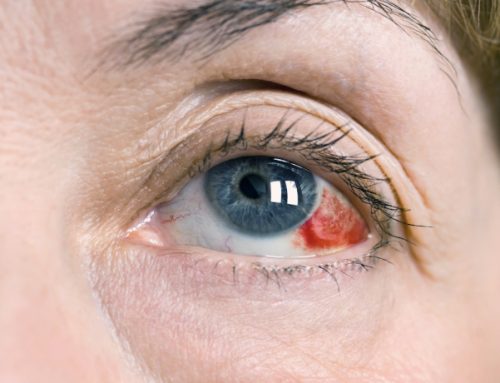Where did the saying “I can’t believe my eyes” originate?
“I can’t believe my eyes” is a saying we have all most likely used to imply, either in a positive or negative situation, that we are astonished or amazed at what we are looking at in a specific moment. Where did this saying originate? Although we’re unable to specify where it originated, it is an idiom used to creatively express an opinion and make a point.
Some of the words in English that have similar meaning are: amazing; wonderful; shocking; stunning; surprising; and unexpected. Also, some of the words in English that have opposite meanings are: boring; expected; nothing special; and ordinary.
Idioms are an important part of every spoken language, that figuratively relate a specific meaning rather than a literal meaning of the group of words within the expression. Idioms make absolutely no sense if they are translated word-for-word into another language.
The idiom, “I can’t believe my eyes,” has nothing to do with the reliability of your vision. It is not indicative of having poor vision that cannot be relied upon. However, routine annual eye exams will ensure that you maintain healthy vision. With thorough routine eye exams, the earliest stages of eye disease can be diagnosed and properly treated if the need arises. Through a dilated eye exam, your eye doctor can detect potentially treatable eye diseases that cause blindness, ocular manifestations of systemic disease, or signs of tumors or other anomalies of the brain. Diseases of the eye are asymptomatic by nature, making routine eye exams even more more imperative. Glasses, especially sunglasses, are also necessary to protect and preserve your vision. They provide UVA and UVB protection from the destructive rays of the sun, also protecting your eyes from foreign materials getting into them.
Through regular eye exams, the proper eyeglass prescription can be determined if necessary to correct and protect your vision.
The content on this blog is not intended to be a substitute for professional medical advice, diagnosis, or treatment. Always seek the advice of qualified health providers with questions you may have regarding medical conditions.






